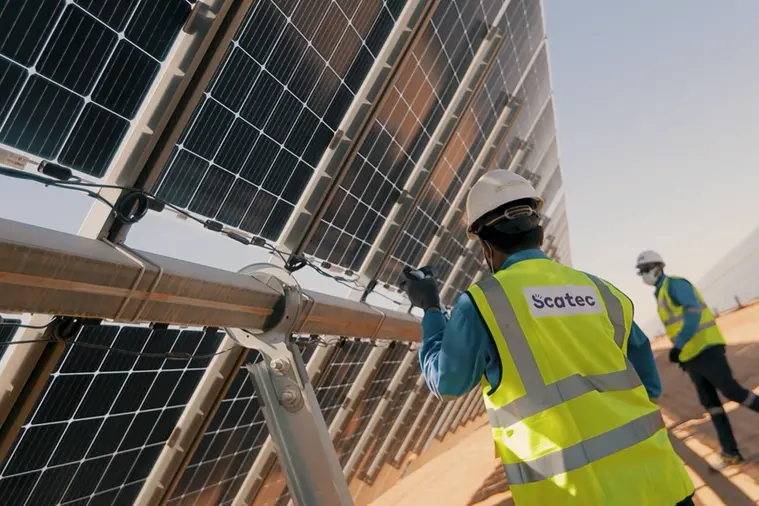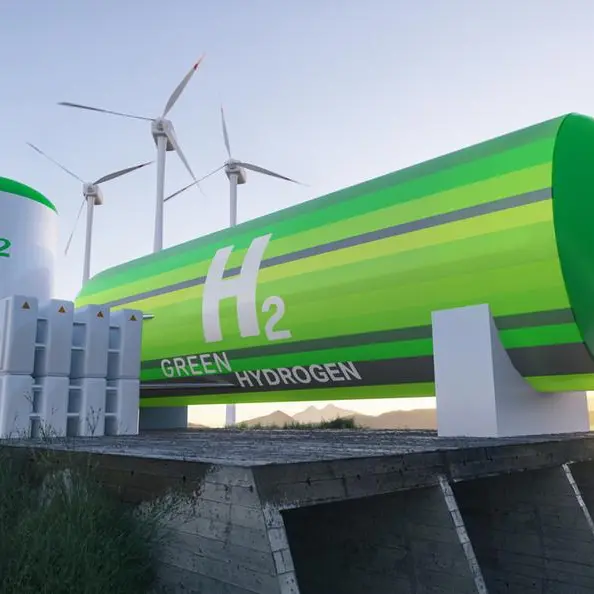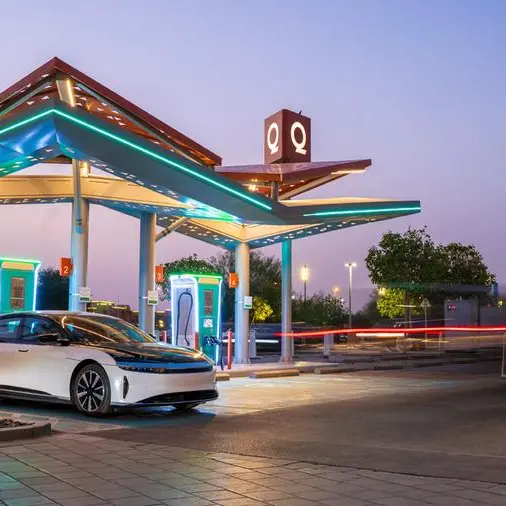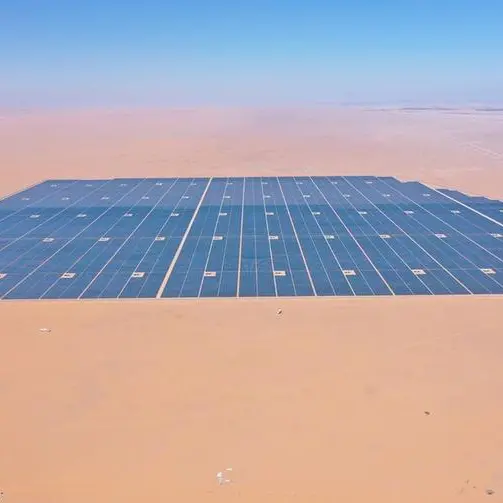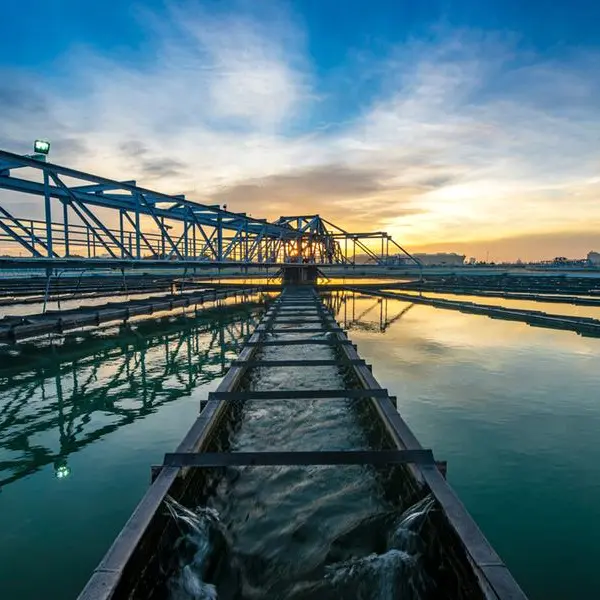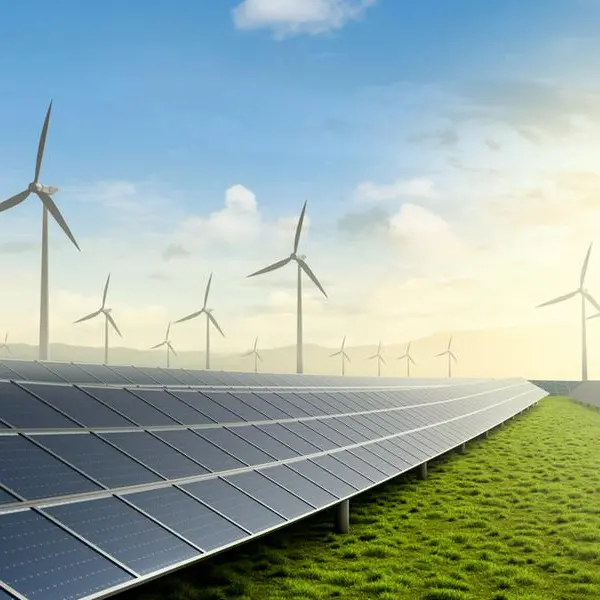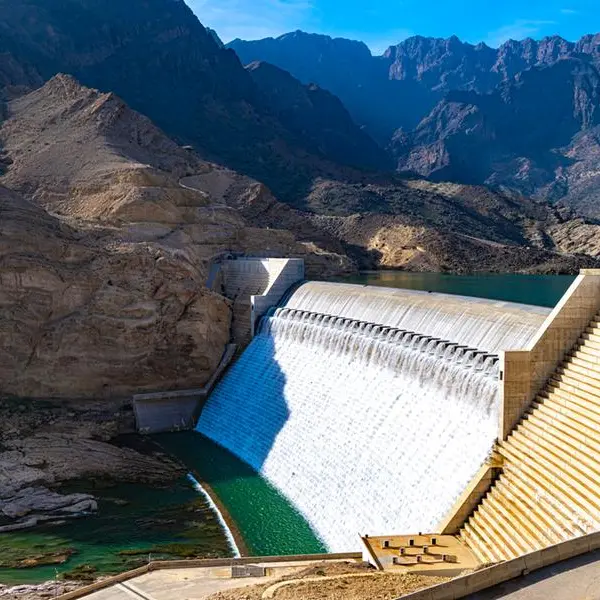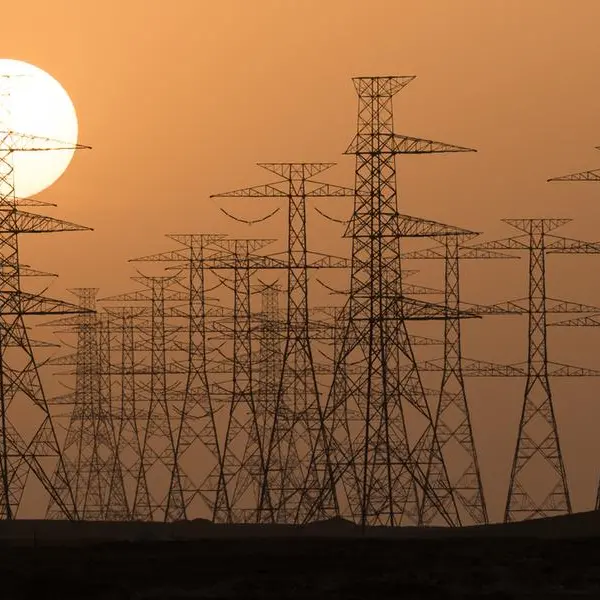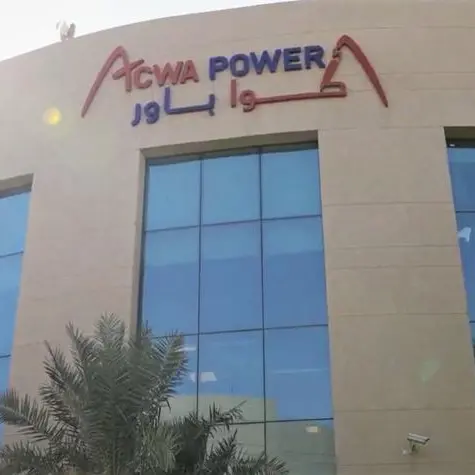PHOTO
Norway-headquartered renewable energy company Scatec ASA announced on Sunday that it has reached financial close for the Obelisk hybrid solar and Battery Energy Storage System (BESS) project in Nagaa Hammadi, Qena governorate, Egypt.
According to a Scatec press statement, the non-recourse project financing comprises $479.1 million provided by the European Bank for Reconstruction and Development (EBRD), African Development Bank (AfDB), and British International Investment (BII).
The [blended] financing amount corresponds to approximately 80 percent of total estimated capex of $590 million.
"We are proud to partner with leading development finance institutions to support Egypt’s clean energy ambitions, and we look forward to delivering this important project together with our partners,” said Scatec CEO Terje Pilskog.
Last month, the company had announced that it commenced construction of the project, which marks Egypt's first large-scale hybrid solar and BESS development.
The project is being developed in two phases. The first phase, comprising 561 MW of solar capacity and 100 MW/200 MWh of battery storage, is scheduled to achieve commercial operation in the first half of 2026.
The second phase, adding 564 MW of solar power, is expected to come online in the second half of 2026.
The energy will be sold under a USD-denominated 25-year Power Purchase Agreement (PPA) with the Egyptian Electricity Transmission Company (EETC), backed by a sovereign guarantee.
Scatec previously signed equity bridge loans (EBL) of $120 million for the project, postponing the project equity injections to the end of the construction period.
The company is also in advanced discussions with potential equity partners, expected to conclude in the next few months, according to the statement.
Scatec will deliver Engineering, Procurement and Construction (EPC), Asset Management (AM), and Operations & Maintenance (O&M) services for the project. The EPC scope accounts for approximately 70 percent of the project’s total capital expenditure.
AfDB said in a separate statement that it has approved a financing package of up to $184.1 million for the project. This includes $125.5 million of ordinary resources, as well as concessional funding from Bank Group-managed Special Funds - the Sustainable Energy Fund for Africa (SEFA) worth $20 million, and the Canada-African Development Bank Climate Fund ($18.6 million), which is a partnership with the Government of Canada. A further $20 million will come from the Climate Investment Funds’ Clean Technology Fund.
The EBRD said it is is extending a loan of up to $173.5 million, of which $101.9 million will benefit from a European Fund for Sustainable Development (EFSD+) first-loss cover guarantee for the first 18 years, in addition to a $6.5 million grant from the EBRD Shareholder Special Fund.
BII financing includes a $100 million concessional loan and a US$ 15 million returnable grant that helps lower the overall cost of the BESS part of the project.
Under Egypt’s Nexus of Water, Food, and Energy (NWFE) platform, Obelisk has been granted a Golden License by the government, which recognises it as a strategic initiative that will contribute to addressing Egypt’s energy constraints and advancing its energy transition.
NWFE programme, since its launch in November 2022 at COP27 in Sharm El Sheikh, has delivered 4.2 GW of privately financed renewable energy investments, worth about $4 billion. The goal of NWFE’s energy pillar is to add 10 GW of renewable energy capacity with investments of approximately $10 billion, and phase out 5 GW of fossil fuel power generation by 2030.
In February 2025, Zawya Projects had reported that the UAE-based renewable energy company AMEA Power signed Capacity Purchase Agreements (CPAs) with the Egyptian government to develop the first standalone BESS stations in the country.
(Writing by SA Kader; Editing by Anoop Menon)
Subscribe to our Projects' PULSE newsletter that brings you trustworthy news, updates and insights on project activities, developments, and partnerships across sectors in the Middle East and Africa.
